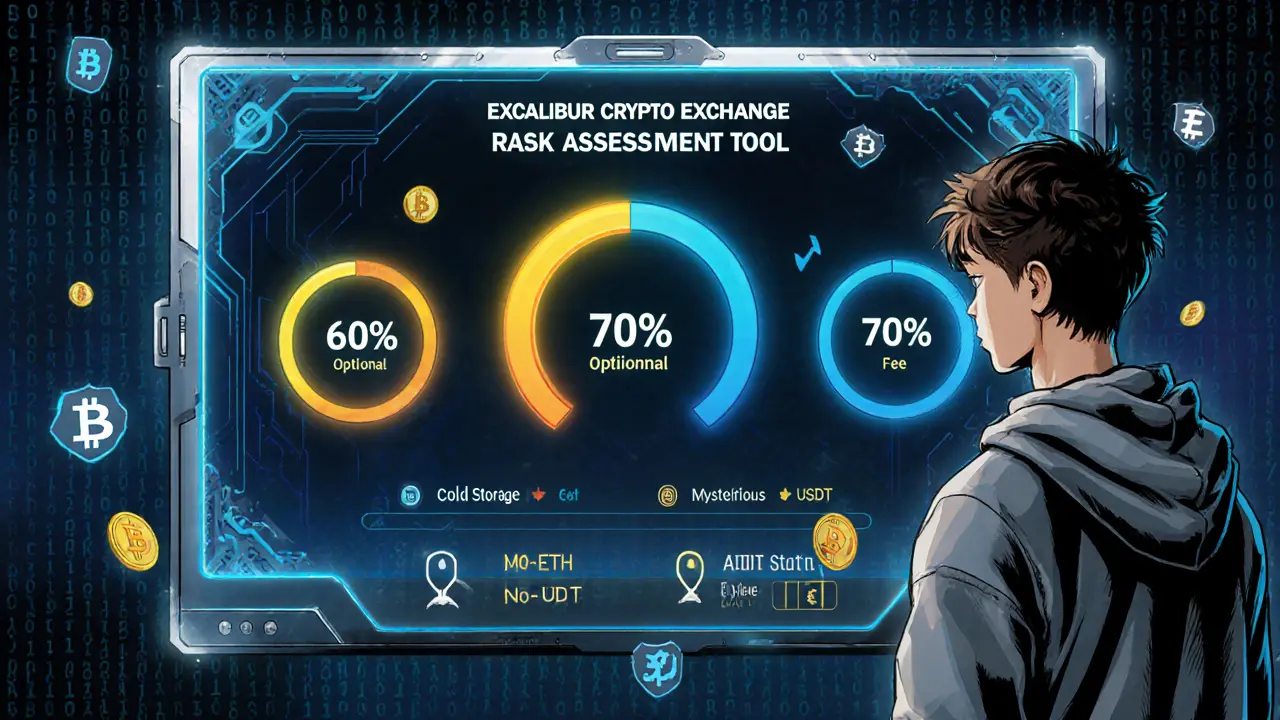Crypto Trading Platform Overview
When navigating crypto trading platforms, online services that let you buy, sell, swap, and manage digital assets. Also known as crypto exchanges, they form the backbone of modern crypto markets. decentralized exchanges, peer‑to‑peer marketplaces that run on blockchain smart contracts let users trade without a middle‑man, while centralized exchanges, platforms run by companies that hold custody of user funds typically offer deeper liquidity and easier onboarding. Together they encompass the whole crypto trading platform ecosystem.
Key Types and Features
A good platform balances three core attributes: security, cost, and access. Security means multi‑factor authentication, cold‑storage of assets, and regular audits. Cost includes trading fees, withdrawal charges, and hidden expenses that can eat profits. Access covers the number of supported coins, fiat on‑ramps, and the ease of use for beginners. For example, a review of Hotbit highlighted sky‑high withdrawal fees, while Binance’s lower fees and extensive coin list make it a popular choice for high‑volume traders. Understanding a crypto trading platform means looking at fees, security, and available tokens.
Regulatory frameworks shape how platforms operate. In the U.S., the CFTC and SEC impose reporting requirements that affect futures products and token listings. In the UAE free zones, licensing options like VARA or ADGM dictate compliance steps for new exchanges. These regulatory influences create a patchwork of rules that traders must navigate, especially when moving assets across borders. The 2025 global crypto regulation trends show tighter stablecoin oversight and a push toward unified AML standards.
Airdrops are another common feature. Projects distribute free tokens to address holders to spark community growth and liquidity. Guides on the SHO airdrop, AntEx, and RUNE.GAME illustrate how users claim rewards safely, avoid scams, and track token performance. An airdrop can turn a simple wallet into a source of passive income, but it also adds compliance complexity, especially in jurisdictions with strict tax laws.
Beyond spot trading, many platforms now offer derivatives like Bitcoin futures. Futures let you bet on price direction without owning the underlying asset, using leverage to amplify gains—or losses. Understanding contract specs, settlement methods, and risk management is essential before diving in. The Binance JEX shutdown reminded traders that derivative venues can disappear fast, so diversifying across platforms mitigates that risk.
Liquidity providers on DEXs such as PancakeSwap v3 on Ethereum or LFJ v2 on Arbitrum earn fees by supplying token pairs. These platforms use concentrated liquidity models to improve capital efficiency, but they also require users to understand impermanent loss and smart contract risk. Comparing a DEX’s fee structure to a CEX’s maker‑taker model helps you decide where to allocate capital.
Security concerns differ between CEXs and DEXs. Centralized services can be hacked or go bankrupt, as seen with Hotbit’s 2023 shutdown. Decentralized services avoid custodial risk but expose users to buggy code and rug pulls, exemplified by the high‑risk status of CremePie Swap on Polygon. Conducting due diligence—checking audits, community reviews, and tokenomics—protects your portfolio no matter the platform type.
Finally, the user experience matters. Features like mobile apps, API access, and advanced charting tools can speed up decision‑making. Trader‑focused services such as CoinSpace offer unregulated but cheap trading, while reputable platforms like Coinbase prioritize ease of use for newcomers. Matching your skill level to the platform’s interface prevents costly mistakes.
Below you’ll find a curated collection of reviews, airdrop guides, regulatory snapshots, and technical deep dives that cover the full spectrum of crypto trading platforms. Whether you’re hunting the next airdrop, weighing a DEX against a CEX, or navigating new compliance rules, these resources aim to give you clear, actionable insight.







